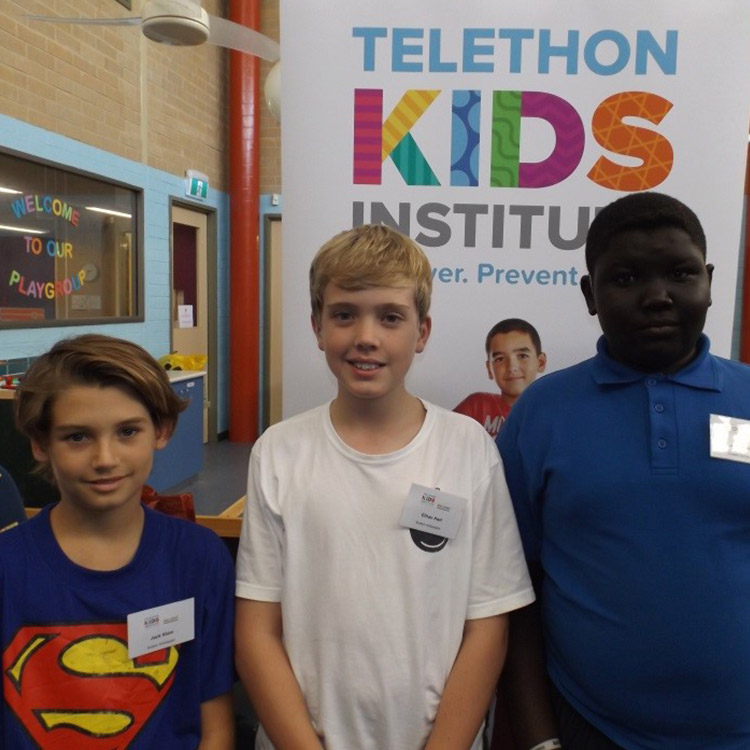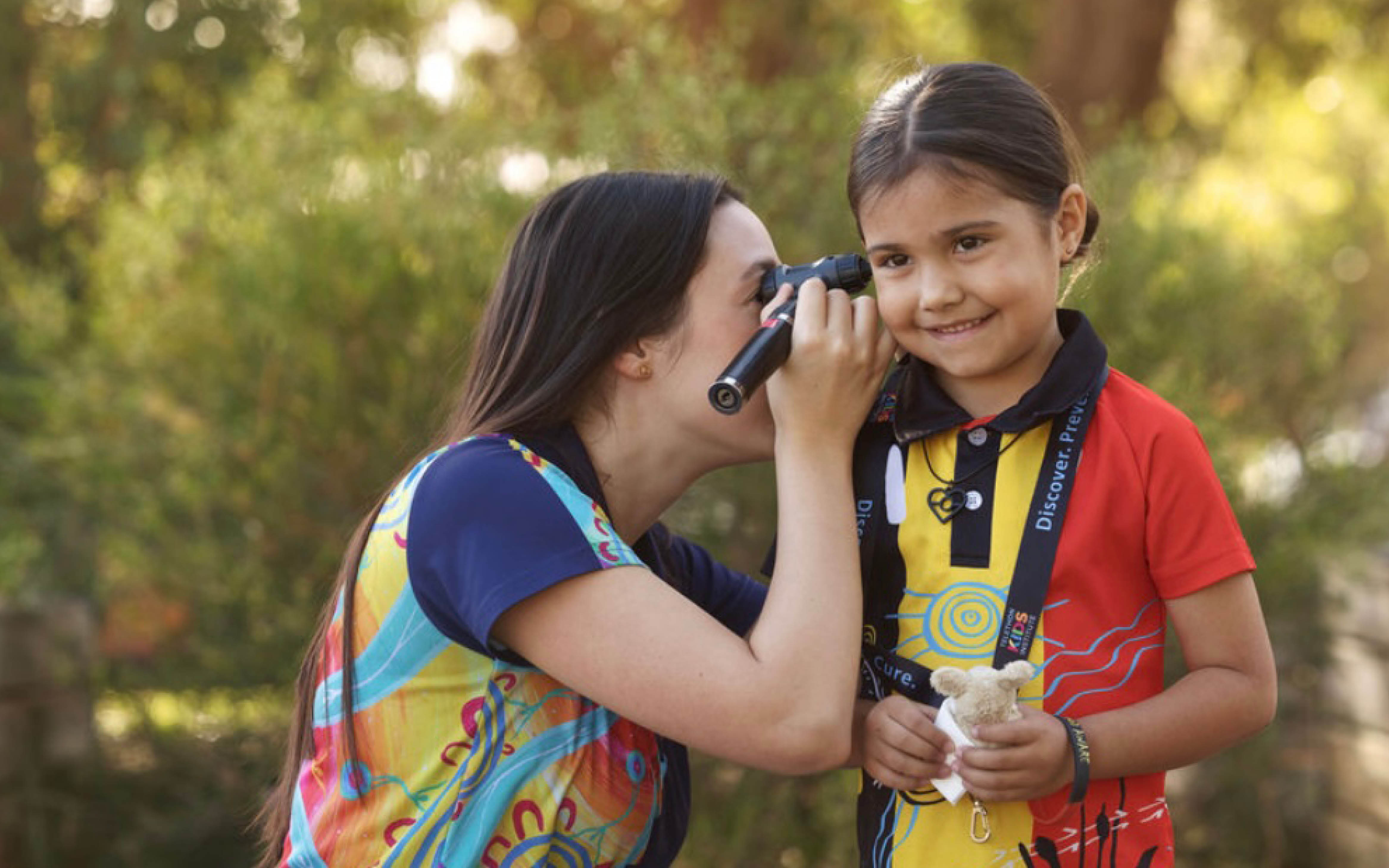Search
Research
Recurrent otitis media and behaviour problems in middle childhood: A longitudinal cohort studyTo investigate the long-term effects of early-life recurrent otitis media (OM) and subsequent behavioural problems in children at the age of 10 years.
Research
Evaluation of impact of 23 valent pneumococcal polysaccharide vaccine following 7 valent pneumococcalThe impact of the 23vPPV booster on IPD incidence among Australian Indigenous children is unclear from regional reports of small case numbers.

News & Events
Project helps Ethan belongEthan recently took part in Belong, a study led by The Kids which aims to ensure deaf and hard of hearing kids have a happy & positive school experience
Research
Cochrane CSOM: A suite of reviews examining the effectiveness of interventions to treat chronic suppurative otitis media (CSOM) globallyChris Peter Brennan-Jones Richmond PhD MBBS MRCP(UK) FRACP Head, Ear and Hearing Health Head, Vaccine Trials Group chris.brennan-jones@thekids.org.au
Research
Ear Portal: An ENT and Audiology referral portal for improving access to ear health services for children using telehealthChris Deborah Peter Tanisha Greta Karina Brennan-Jones Lehmann Richmond Cayley Bernabei Tao PhD AO, MBBS, MSc MBBS MRCP(UK) FRACP BBiomed (Hons) BSc

The Ear and Hearing Health team's vision is all children start primary school with good hearing.
Research
Lack of effectiveness of 13-valent pneumococcal conjugate vaccination against pneumococcal carriage density in Papua New Guinean infantsPapua New Guinea (PNG) introduced the 13-valent pneumococcal conjugate vaccine (PCV13) in 2014, with administration at 1, 2, and 3 months of age. PCV13 has reduced or eliminated carriage of vaccine types in populations with low pneumococcal carriage prevalence, carriage density and serotype diversity.
Research
Hearing loss in Australian First Nations children at 6-monthly assessments from age 12 to 36 months: Secondary outcomes from randomised controlled trials of novel pneumococcal conjugate vaccine schedulesIn Australian remote communities, First Nations children with otitis media (OM)-related hearing loss are disproportionately at risk of developmental delay and poor school performance, compared to those with normal hearing. Our objective was to compare OM-related hearing loss in children randomised to one of 2 pneumococcal conjugate vaccine (PCV) formulations.
Research
Clinical predictors of hypoxic pneumonia in children from the Eastern Highlands Province, Papua New Guinea: secondary analysis of two prospective observational studiesPneumonia is the leading cause of death in young children globally and is prevalent in the Papua New Guinea highlands. We investigated clinical predictors of hypoxic pneumonia to inform local treatment guidelines in this resource-limited setting.

News & Events
Early ear infections linked to higher risk of future problems: studyResearchers have found kids who experience repeat ear infections in infancy have a much higher risk of ongoing problems with ear infections in later childhood
